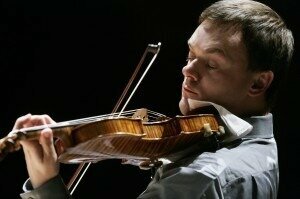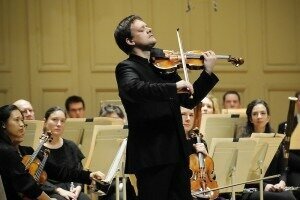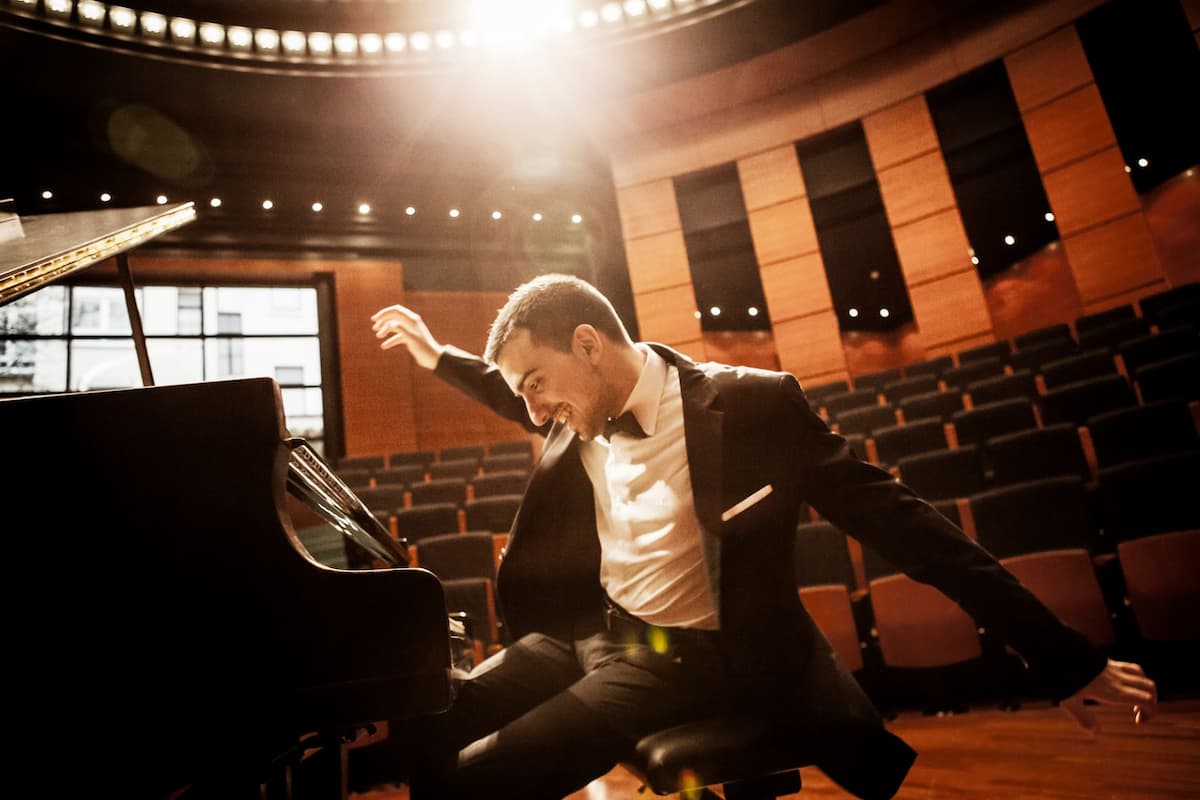
Credit: Klaus Rudolph
What is your view on the Sibelius Violin Concerto?
I did not play this concerto for 17 years, between 1991-2008. Now when I play it again, I have many new ideas. There are many details in the score. Also, I am turning 50, and Sibelius is turning 150 next year; he was exactly 100 years older than me. You know, Sibelius once said that the beginning of the violin concerto is like snow slowly failing in a landscape, so I play my violin opening without any vibrato, then the clarinet answers with no vibrato. The first 2 minutes has a feeling of searching.
Would you tell us about your collaboration with Jaap van Zweden and the HK Phil?
I know Jaap since the early 80s, because my violin teacher was the leader of the Royal Concertgebouw just before Jaap. It feels very safe to play with a conductor who is also a violinist. The Hong Kong Philharmonic is great.

Credit: http://bostonclassicalreview.com/
For me, chamber music is the crown of classical music. My biggest dream in life is to have my own quartet. A concerto, in a way, is like a big chamber music; you need to communicate. For sonata, I often think that piano is the big wave and the violin is a surfer; piano has the main thing. I hope to work on the complete Beethoven piano and violin sonatas.
Apart from chamber music, contemporary music is also close to you, e.g., your recording of Ligeti’s music.
I met Ligeti in his last years of life. Ligeti was very knowledgeable and wise. He could talk about anything and had so many interests. My wife is Korean, and he could talk about Korean culture with her. But he was very strict to himself and others; he could throw people out.
Your precious violin, Lady Inchiqun, was once belonged to Fritz Kreisler. How would you describe it?
It’s magical. Kreisler owned about 6 to 7 violins. This one, I think he owned it in 1910 and used for composing Liebeslied and Liebesfreud. It plays itself, very special colour, very special voice. It has a complicated and sensitive character, and not easy to play. It does not like to be forced, so you have to do it with the speed of the bow and a lot of arm movements. Lady Inchiqun is like a person, and I found it in 2001.
How did you discover music?
I was born into a family of musicians; my mom was a violinist and my dad was a cellist. On Sunday morning, instead of going to church, we always played chamber music or listened to music at home. At first I did not play it seriously, but I had a lot of joy. My parents said that they would be happy if I would become a leader of an orchestra. I was then sent to Russia to study. The breakthrough came when I was 15 or 16, a friend helped me to pass my recording of the Mendelssohn Violin Concerto to Maazel, Sawallisch and Barenboim. They liked my playing, and I started performing concertos with them. I did not do any competition. In Germany, it is not so common to do competition; Anne Sophie Mutter did not do any competition.
What is the secret of your success?
Practise a lot! All great artists practice like hell, like Jascha Heifetz. You have to know your limits, and plan your repertoire and schedule carefully. Violinists like Nathan Milstein, Jascha Heifetz, they think in long term. Like in a movie, Clint Eastwood said, ‘A man has to know his limit.’ You have to live with discipline, rests are important, making the right judgment is important.
What would be your perfect day?
There is no perfect day, without at least playing or listening to music. Of course, I love to have leisure time and holiday with family, barbecue, cycling with my two sons, having a glass of champagne with my wife…But music is the reason of my life. It is like oxygen for me.
Frank Peter Zimmermann will be performing with the HKPhil on December 12th and 13th 2014.
Frank Peter Zimmermann performs Sibelius

